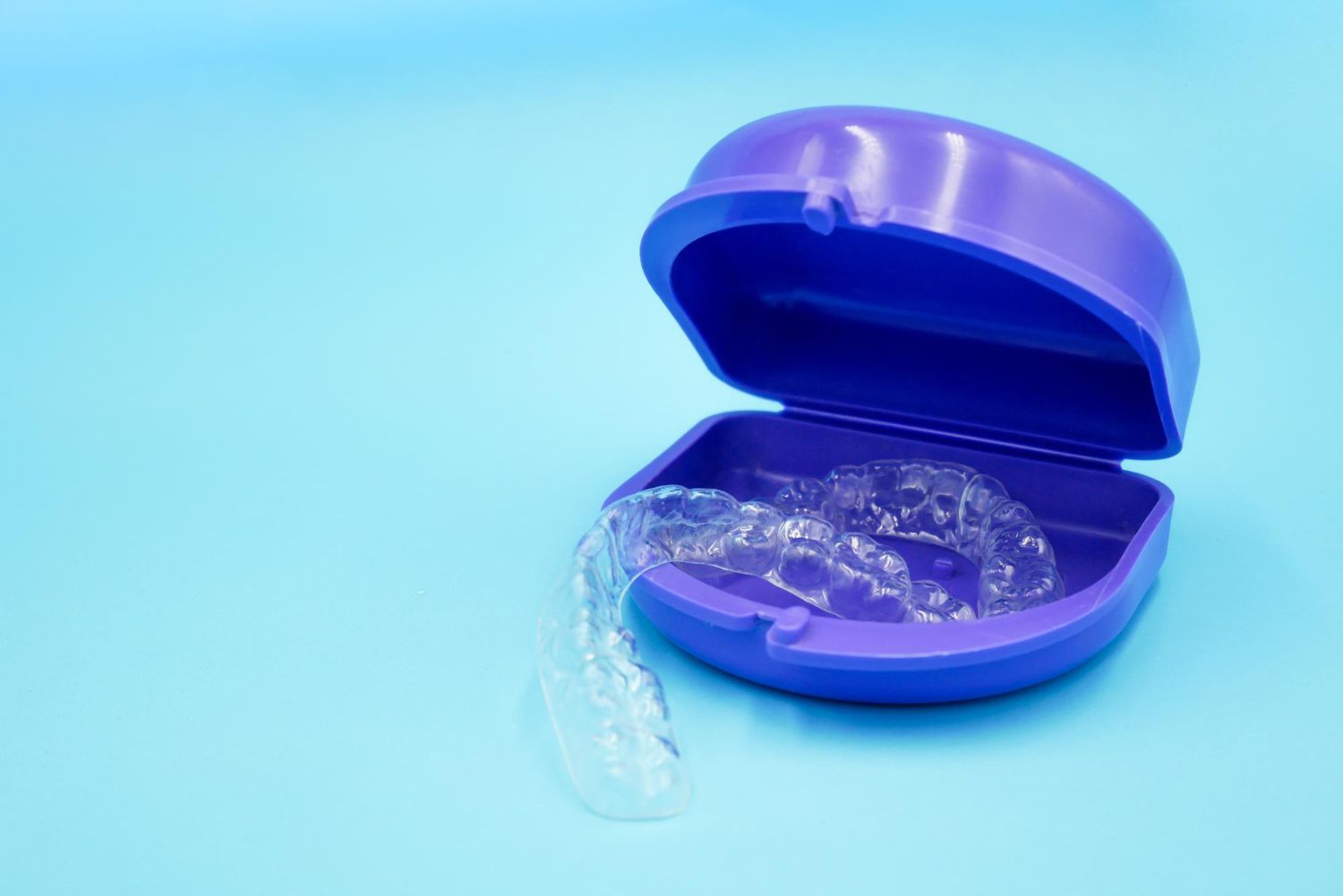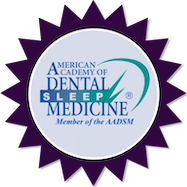What Craniofacial Pain Feels Like and How Dr. Fuller Treats It

Craniofacial pain refers to pain in the head, face, and neck regions. This type of pain can be caused by a variety of factors, including TMJ disorders, nerve damage, and muscle strain. It can make simple activities like speaking, chewing, and even smiling uncomfortable or painful. Many people suffer from craniofacial pain without realizing that effective treatment options are available.
In this article, we will explore what craniofacial pain feels like, how Dr. Fuller diagnoses it, the treatments she offers, and the benefits of seeking her expertise. By understanding these elements, you can better manage your pain and improve your quality of life. With the right diagnosis and treatment, it's possible to find relief and enjoy your daily activities without discomfort.
Understanding Craniofacial Pain and Its Common Symptoms
Craniofacial pain is pain that affects the face, head, and neck regions. This pain can result from various causes, such as TMJ disorders, muscle strain, nerve damage, or dental issues. The pain might be felt in the jaw, around the eyes, in the cheeks, forehead, or even in the ears. Identifying the symptoms early is key to finding effective relief.
Common symptoms of craniofacial pain include headaches, which can range from dull and throbbing to sharp and intense. Some people experience jaw pain, especially when chewing or speaking. Earaches and ringing in the ears can also be signs of craniofacial pain. Additionally, this pain can cause neck stiffness and difficulty moving the head.
Recognizing these symptoms is important for getting the right diagnosis and treatment. If you experience persistent pain in any of these areas, it might be linked to a craniofacial condition. Understanding these signs helps you seek appropriate care and take steps toward managing the pain effectively.
How Dr. Fuller Diagnoses Craniofacial Pain
Dr. Fuller employs a detailed approach to diagnose craniofacial pain accurately. The process begins with a thorough medical history review and a discussion of your symptoms. Dr. Fuller asks specific questions about the nature, duration, and intensity of your pain to understand your condition better.
Dr. Fuller then conducts a physical examination. This includes checking the jaw joint, facial muscles, and surrounding areas for tenderness or abnormalities. Dr. Fuller might also assess your bite and jaw movement to identify any problems that contribute to the pain.
In some cases, diagnostic tests such as X-rays or MRI scans may be needed. These tests help Dr. Fuller get a clearer picture of the structures involved and rule out other conditions. By combining the information from the medical history, physical exam, and diagnostic tests, Dr. Fuller can pinpoint the cause of your craniofacial pain and develop an effective treatment plan tailored to your needs.
Effective Treatments by Dr. Fuller for Craniofacial Pain
Dr. Fuller offers several effective treatments for craniofacial pain, focusing on non-invasive and personalized care. One common treatment is oral appliance therapy. These custom-made devices fit your mouth comfortably and help align your jaw properly. This reduces strain on muscles and joints, relieving pain.
Another treatment option is physical therapy. Dr. Fuller might suggest specific exercises to strengthen the muscles around your jaw and neck. These exercises can improve flexibility and reduce pain over time. Physical therapy may also include techniques like massage or heat therapy to ease muscle tension.
Medication is also an option for managing craniofacial pain. Dr. Fuller can prescribe pain relievers or anti-inflammatory drugs to reduce pain and swelling. In some cases, muscle relaxants may be prescribed to relieve muscle tension and prevent spasms. Each treatment plan is tailored to fit the patient's unique needs, aiming to provide the most effective relief.
Benefits of Seeking Treatment from Dr. Fuller
Seeking treatment from Dr. Fuller comes with many benefits. First, her expertise in craniofacial pain means you get specialized care that targets your specific pain sources. Dr. Fuller uses a comprehensive approach, ensuring all possible causes of pain are addressed.
Another benefit is personalized treatment plans. Dr. Fuller takes the time to understand your symptoms and medical history, creating a plan just for you. This tailored approach helps achieve effective and long-lasting pain relief. By focusing on your unique situation, Dr. Fuller ensures you receive the best possible care.
Finally, the non-invasive treatments we offer mean you can find relief without surgery. Oral appliances, physical therapy, and medication are all designed to be effective and easy to follow. This makes managing craniofacial pain simpler and less stressful, allowing you to return to your daily activities comfortably.
Conclusion
Understanding and managing craniofacial pain is crucial for improving your quality of life. With the expertise of Dr. Fuller at Fuller Sleep & TMJ Solutions, you can find effective and personalized treatment options. By identifying the symptoms and causes of your pain, Dr. Fuller can develop a comprehensive plan that provides lasting relief. Whether through oral appliances, physical therapy, or medication, Dr. Fuller’s treatments are designed to address the root causes of craniofacial pain and help you feel better.
Don’t let craniofacial pain hold you back any longer. Look no further than Fuller Sleep & TMJ Solutions and let
Dr. Sandra Fuller in Greensboro help you find the relief you deserve. Schedule your consultation today and take the first step towards a pain-free life.













